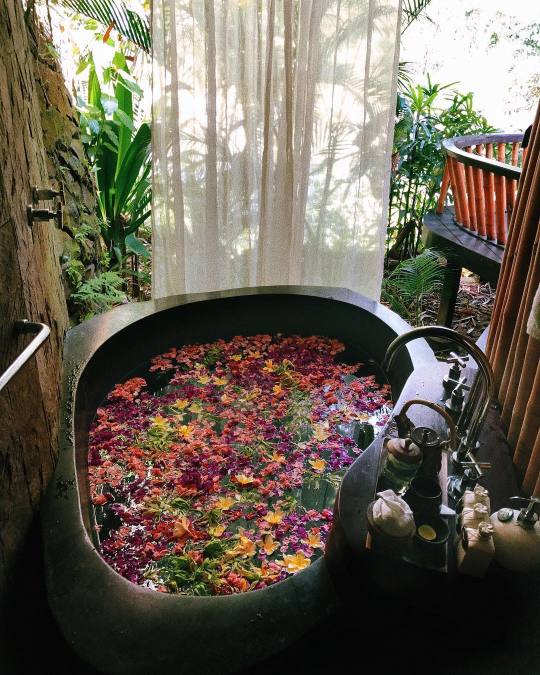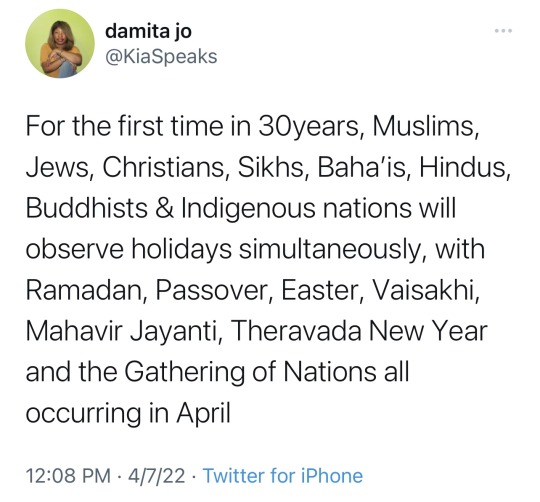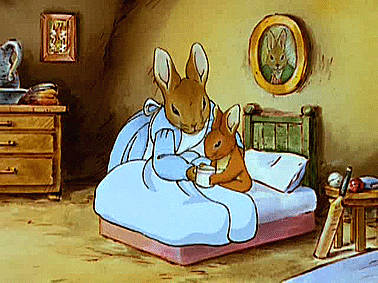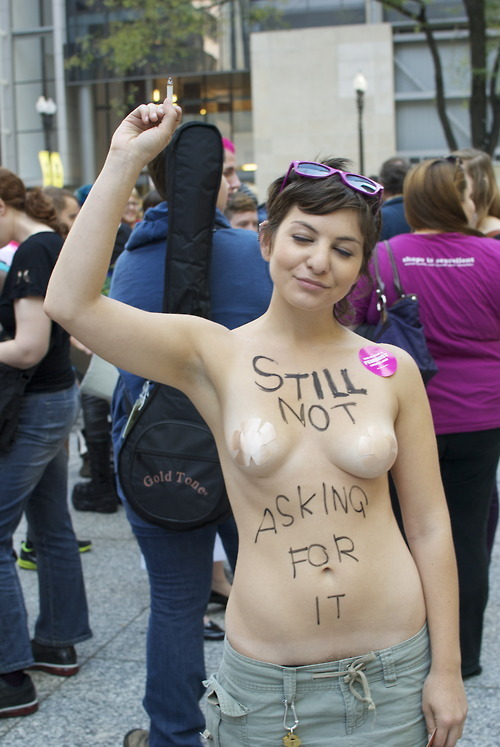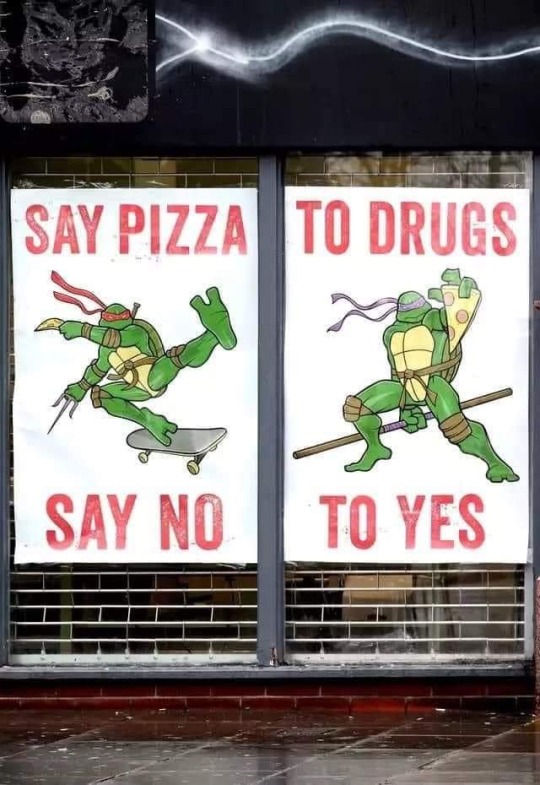🖤 Chloe. 25. London. life is about love, last minutes and lost evenings
Don't wanna be here? Send us removal request.
Text

We’re not all in the same boat…
Environmental collapse impacts those least responsible first. While you enjoy your meal or your flight, that cost is being felt elsewhere by people and animals you may never see or hear.
It’s hard, and it’s not all on us as consumers, but we all need to make better choices.
Consume less, and consume better.
TheJustComics
49 notes
·
View notes
Note
Hello! Something I see a lot of in climate discussions is how important it is that we do not let climate anxiety prevent us from taking environmental action. Now, I do suffer from a lot of eco anxiety, but I dont let it stop me; I do a lot to try and help the planet, from volunteering to pursuing an ecology degree. I can see that my actions have made a small impact, but no matter what I do, it never seems enough! Especially considering how many harmful actions I undertake just by living. I always feel I should be doing more, but I dont know what more I *can* do, and I drive myself crazy trying to find more ways to help. I've never heard anyone discussing this particular flavour of anxiety. A lot of the discussion seems to end at "take action". Do you have any thoughts on this?
Hi Jesse! Thanks for the ask—this is a great question.
First, thank you so much for the work that you are already doing. Remember that the impact you actually see from your actions is rarely the full scope of what you have accomplished—there are very likely positive ripple effects you will never know about.
Two other important things to remember:
No one individual is responsible for solving the climate crisis—or even just solving a large chunk of the climate crisis—on their own. I think Western individualism can sometimes convince us that if we, as individuals, cannot make a huge, measurable dent in a problem then we aren't doing enough and it will never be solved. But that is not true—we are not in this alone, we share the fight with billions of other humans, and we are most effective when we join our efforts together in community.
The fight against climate change is not a battle that can be finally and conclusively won, at least not in our lifetimes. There will always be new challenges to address as we seek to repair and live on this changing world. Pacing yourself and contributing a sustainable amount for a long period of time is more effective (and healthier for you) than going full throttle doing everything you possibly can for a few years and then burning out.
Right now I'm slowly working through the book A Field Guide to Climate Anxiety by Sarah Jaquette Ray. This passage made me think of your ask:
“[S]ome people thrive in “the struggle” and feel like there’s something wrong if they start to feel happy and well adjusted, as if this shows that they do not care enough about the cause. Many of us feel were are complicit in causing harm if we do not suffer alongside those who suffer the most
“Although this tendency comes from a generous place of wanting to be present with those who suffer, our perception that the crisis is urgent and requires immediate and intense engagement can lead to burnout. If we really care about a cause, our priority should be to avoid martyrdom. Despite what some of us have internalized from the environmental movement, our presence on the planet does not have to mean eternal damnation. We are all worthy of living on Earth, and we do not need to spend our lives repenting for the sin of being human.”
I hope this helps you in the same way it helped me.
<3
424 notes
·
View notes
Photo
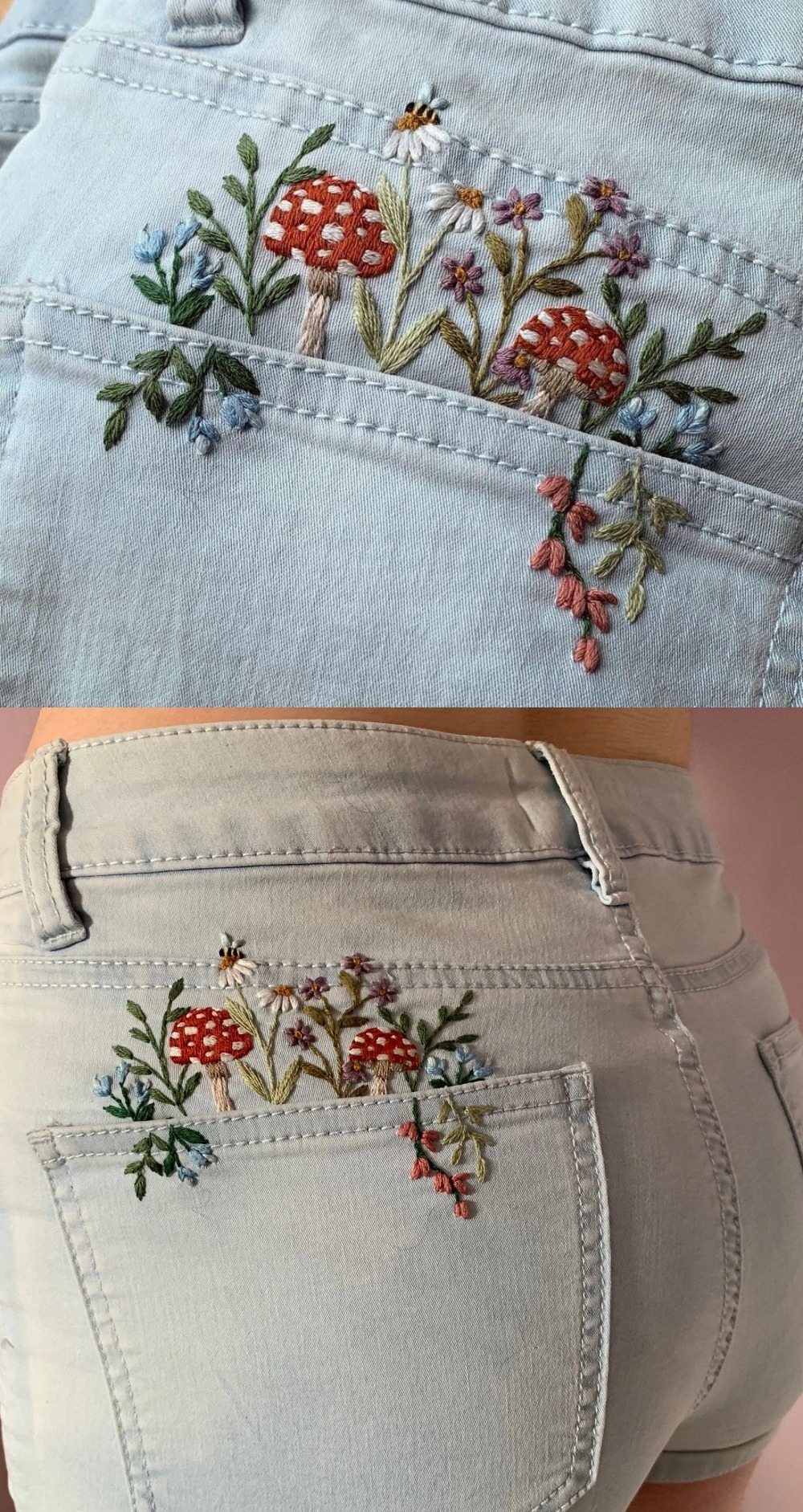
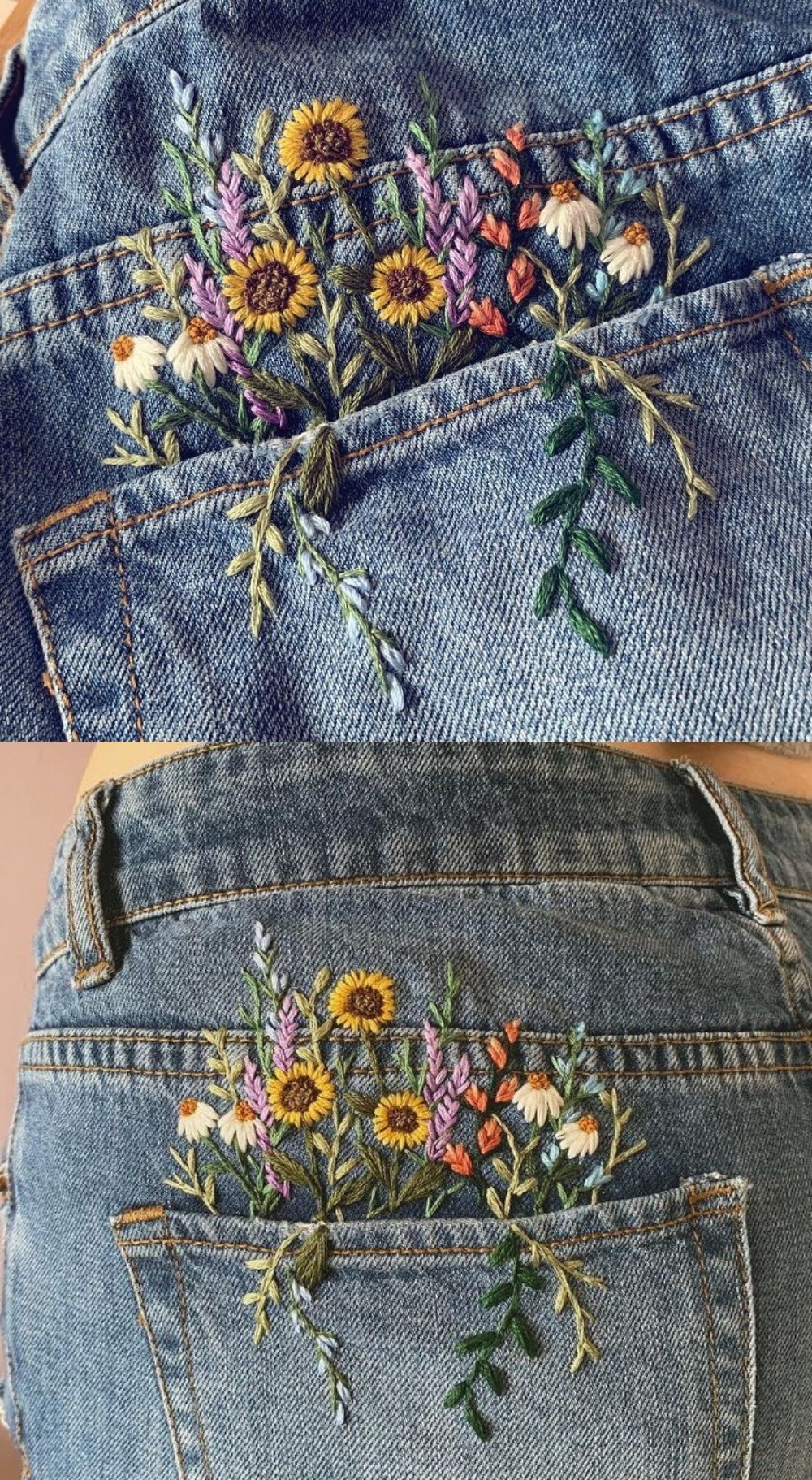

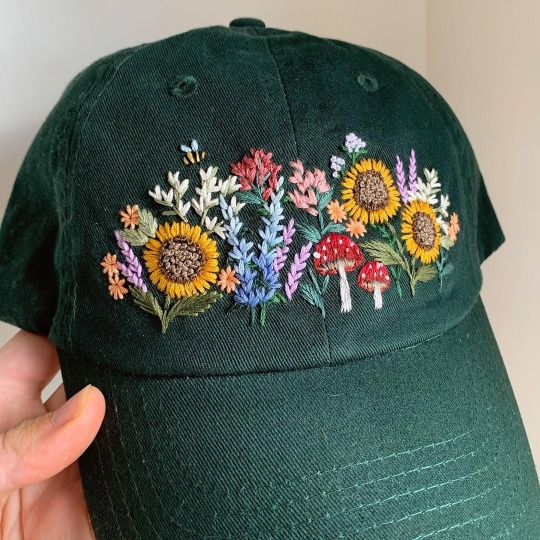
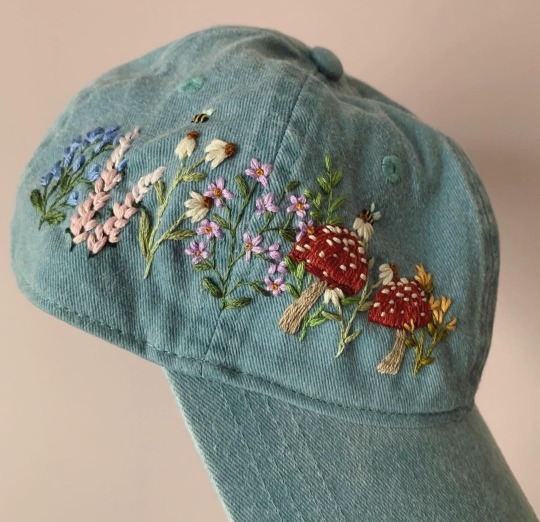
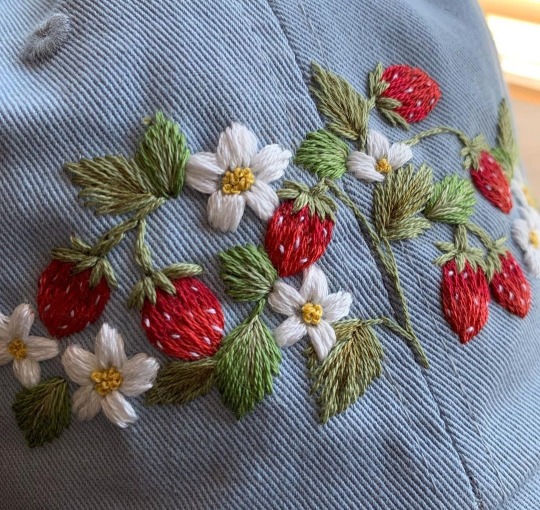


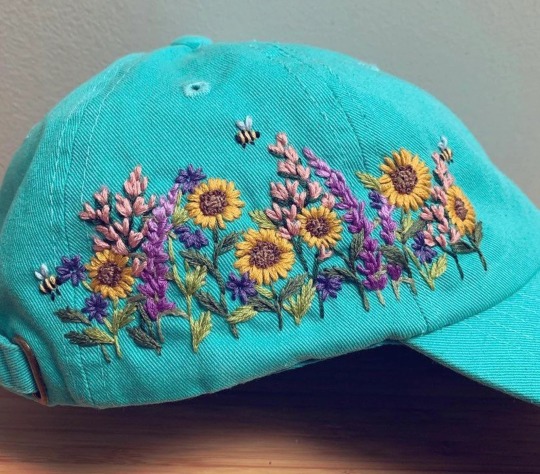

Custom Embroidery / Patterns and Kits
River Birch Threads on Etsy
30K notes
·
View notes
Text
I lost my best friend 3 years ago- not lost as in dead but lost as in we only text each other on our birthdays now. Movies and books don't tell you that a friendship dying is like the sinking of a ship, you try to get higher and higher and hold onto the rails and unanswered texts, the captain tries to steer it to safety and salvage pieces of two broken hearts until you're left with memories of what once was. We were friends for a decade and knew each other's diaries by heart, I still remember her phone number and the way she took her coffee. Seeing her in streets is like breathing in a scent you forgot you knew but it immediately takes you back to a summer in '07.
Movies and books also don't tell you that friendships don't just end after one fight or incident, it's like the rusting of a bridge, the slow decay of flesh and bones and secrets. It took weeks, months- until one day I woke up and I realized I hadn't thought of her in a while. And I wrote a poem that day and I titled it 'The dying of a best friend' and I put all my love for her in a tiny box with my half of the matching pendant of a dolphin we had and stored them in a corner of my heart under the heading Grief. Where else can one hide unspent love?
It's been 3 years since I lost my best friend, lost as in I still carry our secrets in a tiny box but we only text each other on our birthdays.
-Ritika Jyala, excerpt from The world is a sphere of ice and our hands are made of fire
88K notes
·
View notes
Text
16 notes
·
View notes

